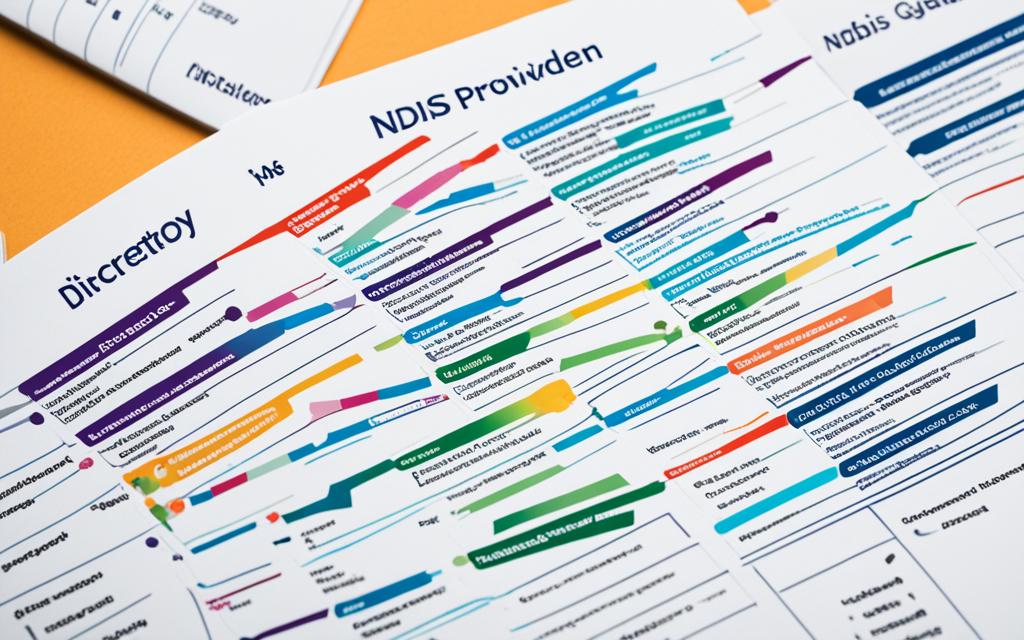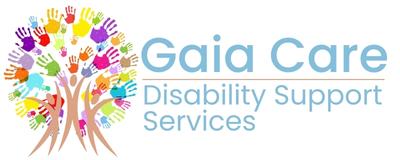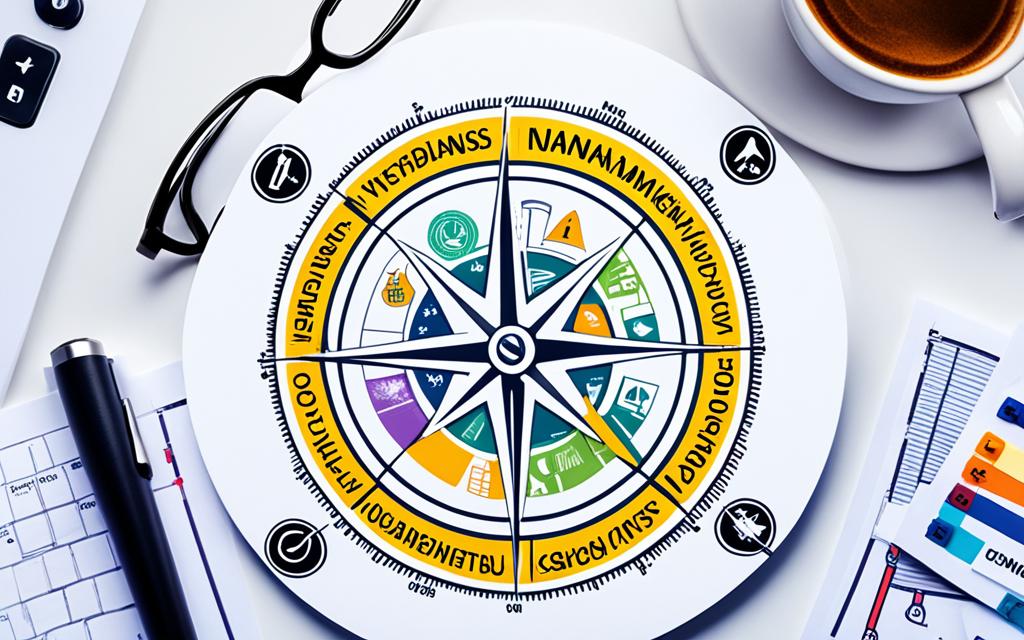In its first nine months, the NDIS reached over 5,400 Australians with disabilities. This shows a huge need for better disability support. In Queensland, getting to know NDIS plans is more important than ever. Especially since the NDIS budget jumped to A$35.8 billion for 2022–23. For Queenslanders, working through NDIS details, checking if they qualify, finding help, and managing plans is empowering but tough.
Looking into NDIS plan management and the wide range of NDIS support providers is not just paperwork. It reflects real people’s efforts to live better. With Queensland often welcoming new folks, more and more are joining NDIS. This marks a shift towards a community that supports and includes everyone. Understanding NDIS plans in Queensland matters to everyone, not just those in the program. It helps the state meet its residents’ diverse needs.
Key Takeaways
- Understanding the value of NDIS plans helps Queenslanders be more independent and healthy.
- Knowing NDIS eligibility criteria is the first step to getting comprehensive support.
- Working well with NDIS support providers is key to getting services that meet personal goals.
- Insights into NDIS plan management make funding work better.
- Using NDIS resources gives participants knowledge for making good decisions.
- Seeing the economic and social effects of the NDIS helps shape public policy and community support.
- Staying updated on NDIS changes ensures support keeps up with Queensland residents’ needs.
Understanding NDIS Plans In Queensland
The National Disability Insurance Scheme (NDIS) is run by the National Disability Insurance Agency (NDIA). It introduces a new way to help NDIS participants in Queensland. The scheme focuses on personal goals, offering custom funding and various services. This helps participants live independently and enrich their lives.
Eligibility Criteria for NDIS Participants
To join the NDIS, one must meet several criteria. These include being under 65, having Australian citizenship or holding specific visas. Participants must also have a permanent disability that greatly impacts their daily activities. Kids under 18 need a parent or guardian unless they qualify to self-represent. Those not eligible for NDIS can get support from Child Safety through other means.
Creating Your NDIS Plan: Aspirations and Goals
Crafting an NDIS plan is a team effort that focuses on what the participant wishes to achieve. This plan is reviewed yearly. It’s crucial for getting NDIS funding options for necessary supports tailored to the specific disability. It may also cover early intervention services to reduce the need for support later on.
Working with an Assigned NDIS Representative
An NDIA planner or Local Area Coordinator helps participants create their plan. They make sure it meets their needs and goals. If Child Safety is involved, services must come from NDIS-approved providers. This ensures quality and adherence to standards. Should issues arise, participants can seek help from Disability Advocacy Agencies or Legal Aid Queensland. This helps safeguard NDIS participants in Queensland‘s rights.
Comprehensive Overview of NDIS Support Services and Supports

The National Disability Insurance Scheme helps Australians with disabilities. It offers support tailored to each person’s needs. This support includes various aids that help people not just survive, but thrive socially and personally.
Examples of NDIS aid are personal care, mobility aids, home modifications, and therapeutic supports. There’s a handy NDIS provider directory too. It helps people find the right support providers, who understand how to promote inclusion and support specific needs.
- Facilitation of community and social engagements
- Support for independent living arrangements
- Access to specialised therapies and behaviour support
- Provision of necessary equipment and home modifications
For extra help, there’s the leap in! ebook series. It explains the NDIS, showing the types of support available. These resources are essential in using funding effectively.
The NDIS also focuses on conditions like autism or intellectual disabilities. It provides targeted support that improves community participation. The goal is to enable enriched, meaningful lives for its participants.
NDIS is more than just funding; it’s about building an enabling society that understands and supports the pursuit of personal goals and genuine inclusion.
Maximising Your NDIS Plan Management Options
Choosing the best NDIS plan management method is crucial for Queenslanders. It helps tailor the NDIS to their needs. Knowing the different management options can greatly improve the quality of NDIS services and supports you get.
In Queensland, you can choose between self-management, plan management, or agency management. Each has its benefits. Self-management gives you the freedom to pick and pay for services. But, it requires good record-keeping and sometimes, acting as an employer.
Exploring NDIS Funding Options
Plan management uses a manager to handle the money and paperwork. It lets you choose providers without dealing with finances. You still follow NDIS price rates.
- Self-Management: Lets you choose many providers and negotiate costs. It helps customize your supports.
- Plan Management: Hands financial tasks to experts. It’s easy and doesn’t limit your provider choices within NDIS prices.
- Agency Management: Services are booked and paid for at fixed rates through approved providers. It ensures peace of mind and compliance.
The Importance of Plan Reviews and Updates
No matter which management style you use, checking your plan regularly is key. Make sure your NDIS funding options match your changing goals. Remember, any money not used doesn’t carry over. So, it’s important to use your resources wisely within each plan period.
Getting to know each management option helps make choices that fit your life. Ultimately, this leads to better use of the NDIS. In short, Queenslanders can shape their NDIS experience. They can do this through direct control, professional help, or secure provider choices.
Choosing the Right NDIS Support Providers in Queensland
For NDIS participants in Queensland, finding the right NDIS support providers is crucial. Over 15,000 Queenslanders have joined the NDIS, with more coming from state services. The Disability Services Plan shows efforts to keep improving support.

NDIS makes sure providers in Queensland are well-checked. They must meet high standards. It’s important to pick providers that focus on the goals of the participants.
Finding Providers Through the NDIS Provider Directory
The NDIS Provider Directory helps participants find the right providers. Queensland has many good options. Support coordinators or disability advocates can also help connect participants to suitable providers.
Ensuring Providers Meet Your Unique Needs
Everyone’s needs and dreams are different. Finding an NDIS provider that matches these is key. Look for their caring nature, skill level, and the variety of services they offer. It’s also crucial to see if they work well as a team, according to industry specialists.
NDIS support covers many areas to help with daily life and independence. Providers should focus on the customer, react well, and keep professional. This exceeds the health service standards expected.
In its second year, the Disability Services Plan aims to widen health support. It underlines the NDIS’s dedication to improving the lives of Queenslanders with disabilities.
Using NDIS Resources to Achieve Independence
The National Disability Insurance Scheme (NDIS) in Queensland helps children with disabilities. It offers special plans that support kids to be independent. These plans cover therapy, behavior support, and essential aids. They’re aimed at personal growth and helping kids be part of the community. Families and support workers use NDIS plans to build skills and abilities.
The NDIS planning process is flexible to meet children’s changing needs. It involves a team to create a plan just for each child. This plan supports their unique needs as they grow. There are different budget types in the plans—core, capital, and capacity building. Each type helps to make sure the support can last. The NDIS also offers breaks and holiday care to help families and carers.
Having regular check-ins is key to keeping NDIS plans working well. If a child’s needs change, the plan can change too. This is done by the Child Representative. Having access to NDIS resources helps in planning the care needed. With lots of support and information, NDIS participants can work towards their goals. This helps them become more independent and involved in their communities.
Using NDIS Resources to Achieve Independence
Q: What are the eligibility criteria for NDIS participants in Queensland?
A: To qualify for the NDIS in Queensland, you must be younger than 65. You also need to be an Australian citizen, a permanent resident, or a New Zealand citizen with a Protected Special Category Visa. Plus, you must have a permanent and serious disability that impacts your daily life.
Q: How do I create my NDIS plan based on my aspirations and goals?
A: To make your NDIS plan, you’ll team up with an NDIS planner or a Local Area Coordinator. You’ll talk about what you want to achieve, the help you currently get, and your future aims. Then, you’ll plan how to use your NDIS funding to meet your goals.
Q: What is the role of an assigned NDIS representative in my planning process?
A: Your NDIS representative, like a planner or Local Area Coordinator, guides you in making your plan. They help you understand your choices, connect with supports, and ensure your plan fits your needs and goals.
Q: How do I determine which NDIS supports and services I can access?
A: The supports you can get from the NDIS depend on what will best help you reach your goals. They can include help with education, work, social activities, independence, living situations, and wellbeing. Your plan will list the specific supports funded for you.
Q: Can I choose any service provider in Queensland?
A: Yes, you can pick providers that suit your needs best, whether they are NDIS-registered or not. Make sure they offer the quality service you need. You can use the NDIS provider directory or ask people you trust for suggestions.
Q: What are the different NDIS funding options available?
A: NDIS funding options include Agency Managed, Plan Managed, and Self-Managed. Agency Managed is where the NDIA handles your funds. Plan Managed means a Plan Manager deals with your plan’s finances. Self-Managed lets you or your nominee oversee the funding. Each option offers a different level of control over your funds.
Q: Why are plan reviews and updates important?
A: Reviews make sure your plan stays relevant to your changing goals and needs. They usually happen every year. This is a chance to look at what you’ve achieved, set new goals, and adjust your funding and support if needed.
Q: Where can I find providers through the NDIS provider directory?
A: You can find registered providers in Queensland using the NDIS provider directory on the NDIS website. Search by location, service type, or provider name to find the right support for you.
Q: How can I ensure providers meet my unique needs?
A: To make sure providers fit your needs, research their experience with your disability, their services, and how they deliver those services. Try a trial session and ask other NDIS participants for reviews and feedback.
Q: What NDIS resources are available to help me achieve independence?
A: NDIS offers guides, a price guide, support coordination services, and online tools like the participant portal. These resources help you understand how to use your plan and manage your funding. They also help you make informed choices about the services you use.
Source Links
- brisbanetimes.com.au – Queensland News
- wikipedia.org – National Disability Insurance Scheme
- qld.gov.au – NDIS Support Services for Young People in Care
- legalaid.qld.gov.au – NDIS Legal Information
- sourcekids.com.au – NDIS Plan Management
- health.qld.gov.au – Disability Services Annual Report
- ndsp.com.au – NDIS Provider Selection
- dcssds.qld.gov.au – NDIS Transition Information

